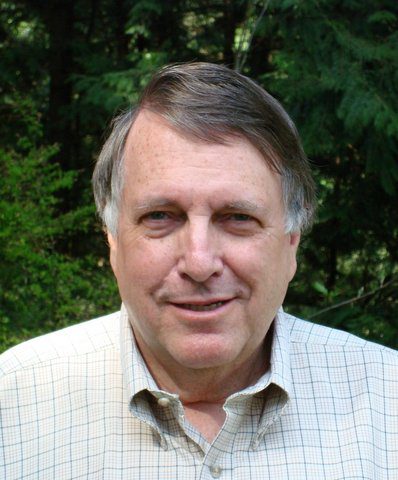Ralph Matthews
May 1, 2014
Ralph Matthews holds a BA from Memorial University and an MA and PhD from the University of Minnesota. He has had numerous administrative roles within universities and in a professional and research capacity. Within universities, he has served as Associate Dean of Graduate Studies, McMaster University; Chair, Instructional Support and Information Technology, Faculty of Arts, University of British Columbia (UBC); and, is currently the Social Science and Humanities Research Coordinator, Office of the VP Research and International at UBC. Professionally, he has served as President of the Canadian Sociology and Anthropology Association and also as Editor of the Canadian Review of Sociology. He is currently President of the International Sociological Association’s, Research Committee 23, on Science and Technology. In research administration, he was Social and Economic Research Theme Leader of AquaNet, NCE, and was Director of the British Columbia – Canadian Climate Adaptation and Impacts Research Networks (C-CIARN–BC) funded by NRCan. He has been Research Theme Leader of the Prion Policy and Preparedness theme of PrioNet NCE and also sits on the International Research Advisory Committee of the Alberta Prion Research Institute.
The author of six books and over 100 research papers, Dr. Matthews’ research includes work on the social, economic and policy issues related to resource management, climate change, regional social and economic development, and the adaptive capacity of communities to environmental change. In the health area, he has worked on social issues related to infertility, blood donation prion preparedness, and genomics. He is also engaged in research on science Knowledge Mobilization and innovation. Dr. Matthews works with several First Nation bands in British Columbia on research issues around governance, health, environment and economic development. Much of his research, from resource management to health, has involved working with scientists on the social implications of scientific investigation.
